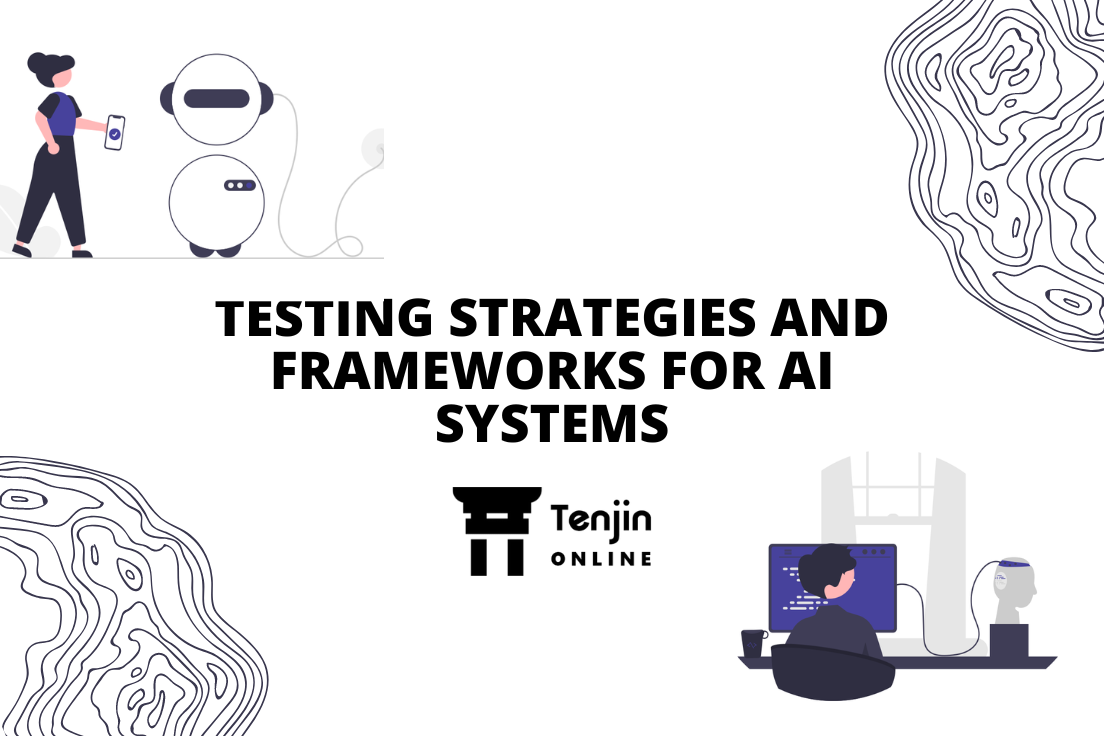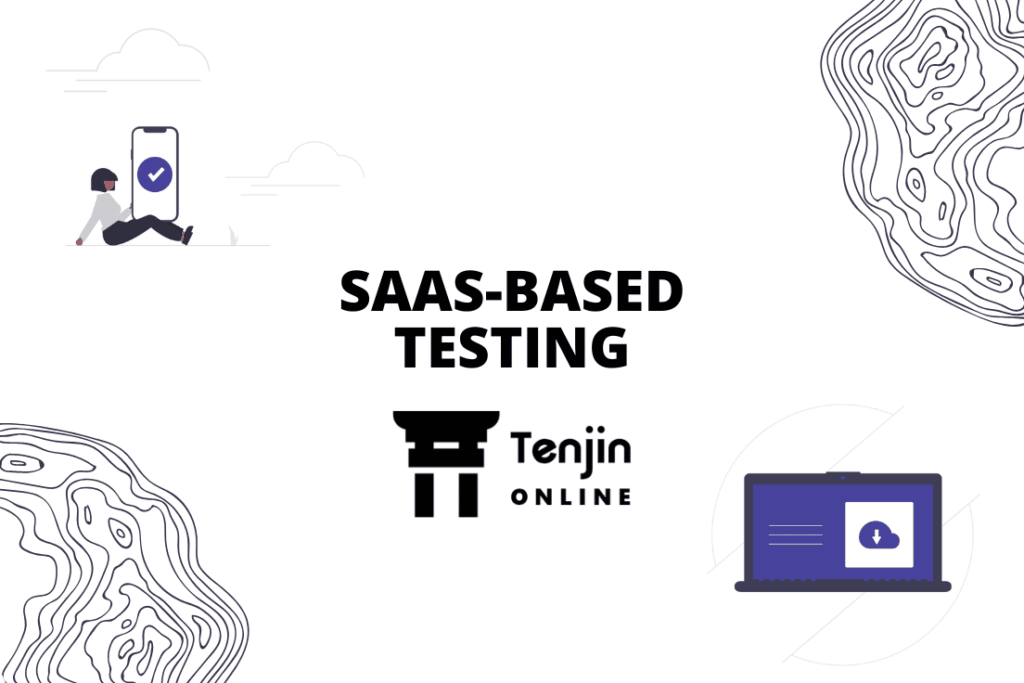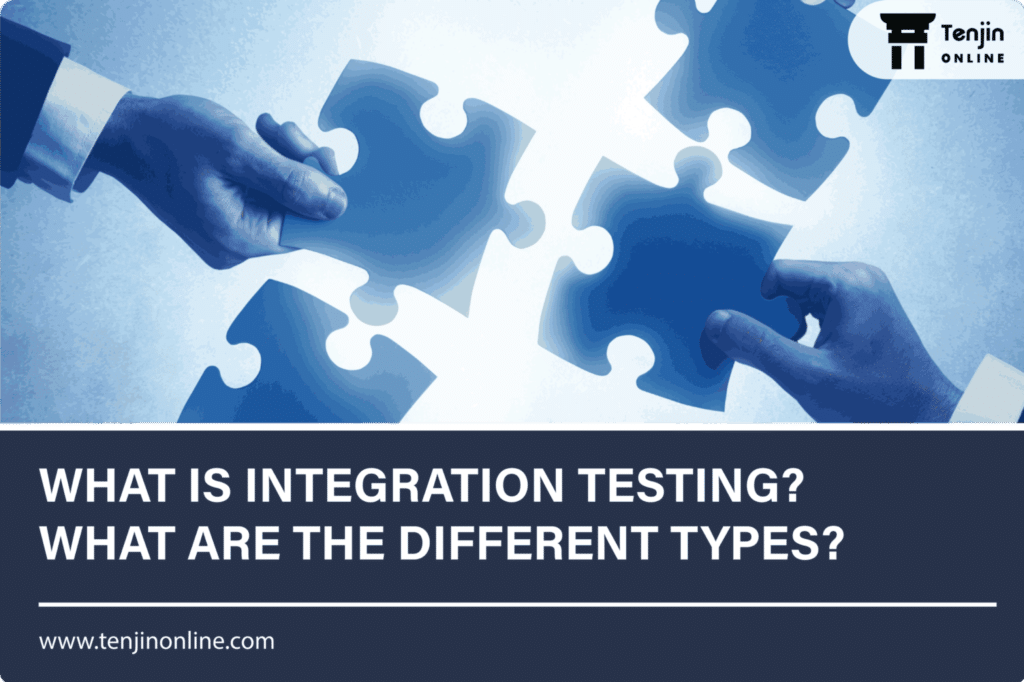
Testing strategies and frameworks for AI systems
The beginning of Industry 4.0 revolution has witnessed organizations investing in infrastructural and operational restructuring to adapt modern digitization and automation trends. Unlike the previous industrial revolution which focused on machinery and human intelligence, the 4.0 trend started with automation and slowly saw the rise of AI (artificial intelligence) which will become monstrous by the end of this era and will be used across all industrial processes. AI is the advanced technology that leverages human-like intelligence mimicked by machines. With rapid advancement and emergence of big data, AI has been incorporated by organizations to unveil its true potential and offer maximum business returns.
With the huge benefits AI offers, it inevitably found its way in various business systems. Introduction of AI systems allows organizations to improve business processes and offer great results. However, these advanced AI models can be problematic due to their complex nature. For the AI systems to work without any glitch and offer the best solutions, it should be subjected to testing.
AI systems are different from conventional deployment models, involving huge, complex data subjected to processing and computing within intelligent integrations. Testing this complex ecosystem is challenging which can be handled by implementing efficient test strategies and frameworks. Let us understand more about testing AI systems.
Challenges Associated with Testing AI Systems
AI systems may have revolutionized the way industries operate today, but the challenge that lies ahead of incorporating them gives rise to complexities involved in testing them. Here are some of the challenges that are associated with testing AI systems.
- The test scenarios of the AI systems should be independent of any human bias, which may reduce the accuracy of the process.
- AI systems involve enormous, unrefined data; testing can be a major challenge while handling these noisy datasets.
- AI systems involve data gathered from a wide range of scenarios, even unexpected ones. Collating and training these datasets is an extremely challenging task.
- One of the major issues with testing AI systems is that it could intensify the defects which makes it much more difficult to resolve the issue.
The above challenges should be addressed, and a proper testing strategy should be included to resolve them. Maintaining quality is essential to ensure efficiency of the application and deliver quality outcomes.
Testing Strategies for AI Systems
AI-driven testing provides great experience by significantly improving quality of the application. To get maximum test efficiency, a well-planned strategy is implemented, some of them are listed below:
Big Data: AI systems are driven by massive datasets; the accuracy of results is greater as the volume of data increases. Hence, to yield maximum results from the AI systems, big data should be involved.
Integration Testing: AI system is a complex ecosystem operating in a combined setup of multiple subsystems with differing functionalities and goals. To ensure all these subsets are integrated well and function as expected, it should be subjected to integration testing. Without thorough integration testing, the system may collapse at various levels and will not provide results as per expectations.
Algorithm: AI systems are built on algorithms, which is further utilized to develop useful data and draw insightful conclusions. However, any discrepancy in the core algorithm can crash the system and cause major issues in all the applications which are running on the AI systems. Hence, to avoid any deviation from the expected outcome and allow the system to run flawlessly, the core algorithm should be evaluated frequently to ensure it remains functional and uncompromised.
Data Validation: AI runs purely on the amount of data generated and the efficiency of training process; therefore, the success of AI systems depends on the amount of data generated and the testing training quality. The gathered data should be evaluated to extract the necessary information, train the system to carry out testing, and draw useful insights and develop feasible business models. Hence, data validation is an important step to consider while strategizing testing of AI systems.
Online and Offline Testing: Though AI system give great results with offline testing, it is a good practice to analyze the system behavior while handling new data. Hence, it is recommended to test the system both online and offline.
Performance Testing: The popularity of AI systems is its intelligent approach offering results in real-time. Under such circumstances, the performance of the system should be excellent to deliver the results in the lightening speed it demands. Hence, performance testing becomes an unavoidable requirement while testing AI systems.
Security Testing: Security is a critical part of any system, AI systems being data-heavy and withholding sensitive data, it should be safeguarded to prevent from any vulnerabilities, malicious attack, or data theft. In order to secure the system, organizations are investing heavily in implementing security testing to ensure the data is protected from any kind of malicious attack.
Conclusion
AI system is a complex environment which networks multiple subsets, synchronized perfectly, and work in unison. The testing of such systems requires thorough evaluation to check functionality, performance, security, integration, and all other associated parameters. As organizations are developing advanced AI systems for improved business, they are simultaneously investing in testing solutions too, to improve the quality of the AI systems. Testing is critical to maintain high-quality of the system and deliver seamless experience to the users. Hence, it is an inevitable process to improve quality of the system. As discussed above, testing of AI systems is a challenging task and requires a different testing approach than other traditional systems. The challenges mentioned in the article provide insights on what to expect when testing AI systems. A well-strategized plan will help in addressing the issue and eventually resolve them.


Leave a Reply
You must be logged in to post a comment.